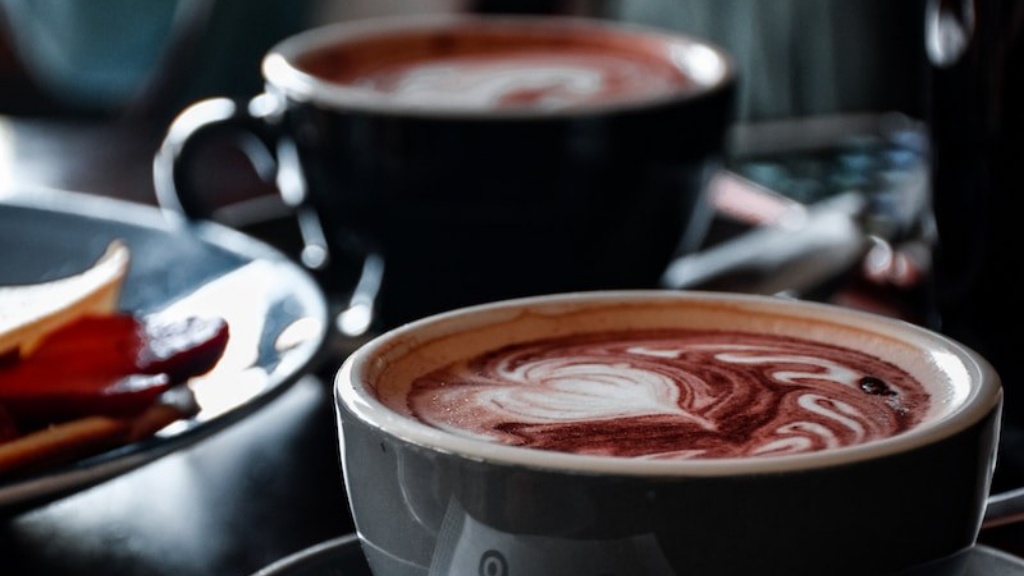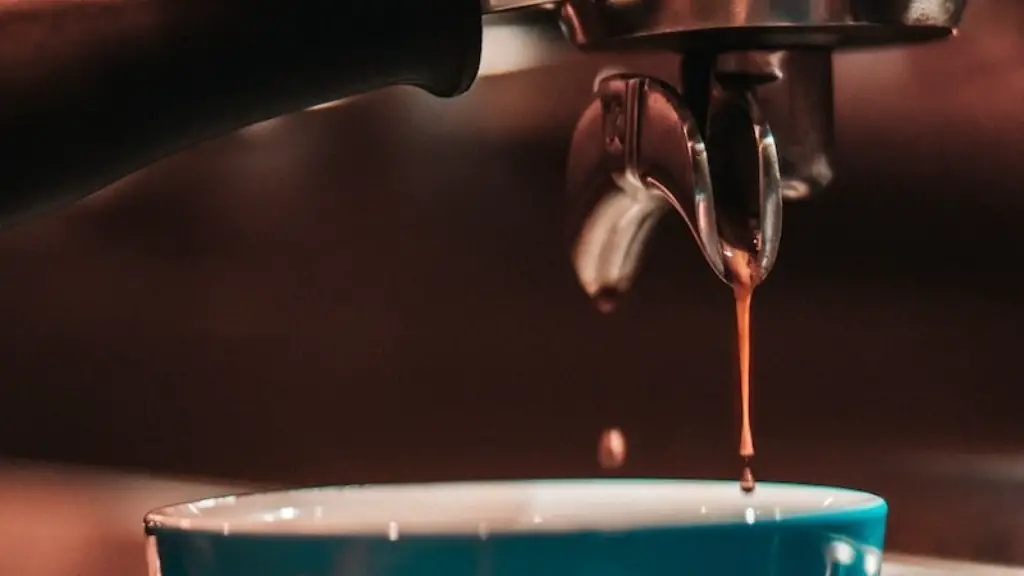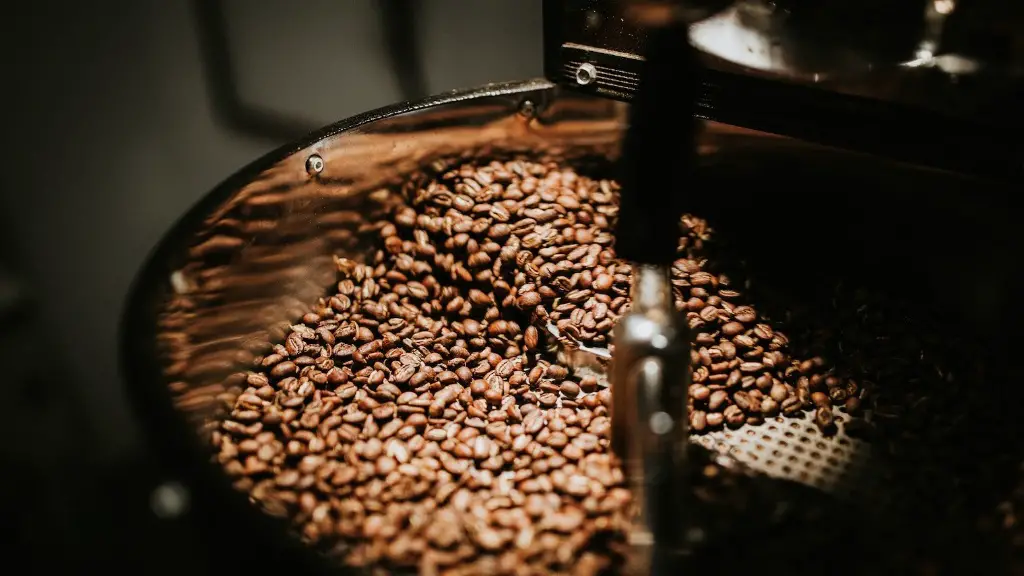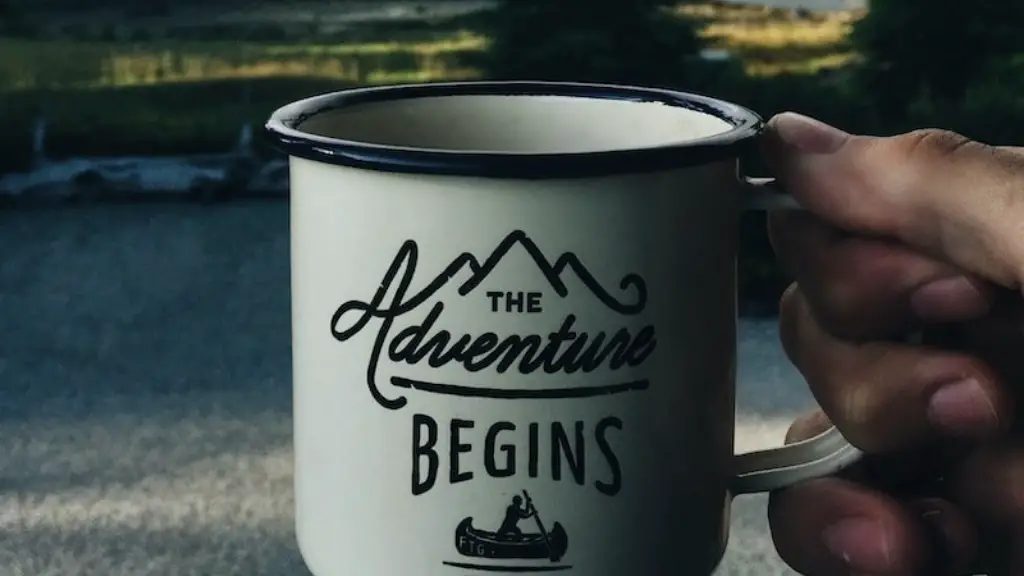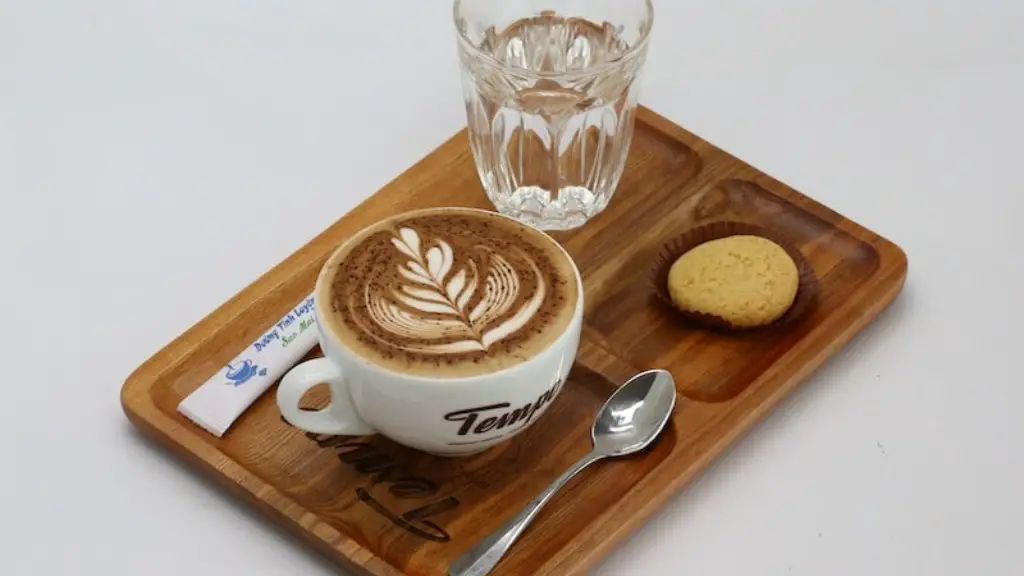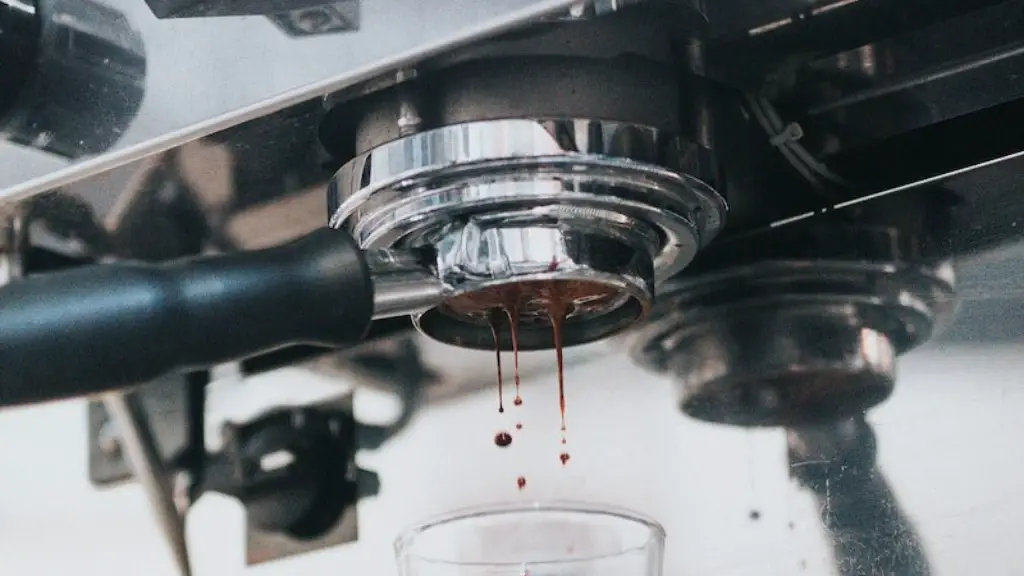Coffee is one of the most popular drinks in the world. It is a great way to start the day and can provide a much-needed boost of energy. But what about when you are fasting? Can you drink coffee on a fast?
The answer depends on what type of fast you are doing. Generally speaking, most forms of fasting allow for coffee consumption without breaking the fast. This means that you can enjoy your cup of joe without feeling guilty about it! However, there are some exceptions that should be noted.
For example, if you are doing an intermittent or alternate-day fasting regimen, it is best to avoid consuming coffee. This is because caffeine can cause an insulin spike which can disrupt the benefits associated with these types of fasting regimens.
In addition, some people prefer to avoid adding any additional calories while they are fasting and may opt to avoid adding cream or sugar to their coffee drink. So if you are trying to maximize the benefits of your fast, it is best to stick with black coffee.
Overall, drinking coffee while fasting can be beneficial if done in moderation and according to your own personal preferences.
Types of Fasts
Fasting is a practice that involves abstaining from certain or all food, drink, or both, for a period of time. There are many different types of fasts. Intermittent fasting is a popular type that involves eating within certain time frames and abstaining from food during the other times. Water fasting involves only drinking water for the duration of the fast. Juice fasting is when all you consume is juice for a period of time. And lastly, dry fasting which means not consuming anything solid or liquid. Can you drink coffee on a fast? It depends on the type of fast you are doing. Intermittent and juice fasting allow for some caffeine intake, but water and dry fasting do not.
Overall, it’s important to remember to stay hydrated and nourished while fasting to avoid health problems. Talk with your doctor before starting any kind of fast to ensure it’s safe for you to do so.
Caffeine and Fasting
Fasting is a popular practice among people who are looking to improve their overall health. While fasting, you abstain from eating food or drinking anything with calories for a certain period of time. However, many people wonder if they can still drink coffee while fasting.
The short answer is yes, you can drink coffee while fasting. Coffee does not contain any calories, so it will not break your fast. Drinking coffee during a fast may provide some health benefits due to the caffeine content in the drink. Caffeine has been shown to increase alertness and mental clarity, as well as increase fat burning and metabolic rate.
However, it is important to be mindful when consuming caffeine while fasting as it can cause side effects such as headaches or jitters in some people. Additionally, adding milk or sugar to your coffee will add calories and break your fast. If you decide to drink coffee during your fast, make sure it is black and unsweetened in order to keep your fast intact.
Overall, drinking black coffee while fasting may provide some health benefits due to its caffeine content and won’t break your fast if consumed without milk or sugar. It is important to be mindful of the side effects associated with consuming caffeine on an empty stomach, but otherwise you can safely enjoy coffee while fasting.
Health Benefits of Coffee Fasting
Coffee fasting is becoming increasingly popular for its health benefits. This type of fasting involves restricting all food and beverages, except for coffee, for a predetermined period of time. Coffee fasting can help reduce inflammation, reduce appetite, boost metabolism and support healthy weight loss. Additionally, it may help improve mental clarity and focus, reduce cravings for unhealthy foods, and improve mood. Coffee fasts can be incredibly beneficial if done correctly.
It’s important to note that while coffee is allowed during a fast, it should be consumed in moderation. Too much caffeine can cause negative side effects such as jitters or headaches. Also, adding sugar or cream to your coffee can negate many of the health benefits associated with coffee fasting since these ingredients add calories to the beverage. When choosing a coffee to drink while fasting, make sure it’s organic and preferably decaffeinated or low-caffeine in order to avoid any potential side effects.
Overall, coffee fasting can be an effective way to reap the health benefits associated with traditional intermittent fasting without cutting out coffee completely from your diet. However, it’s important to practice moderation when drinking coffee during a fast in order to get the most out of your experience.
Potential Side Effects of Coffee Fasting
Coffee fasting is a type of intermittent fasting that involves abstaining from food and drinking only coffee for an extended period of time. Although this type of fast can be beneficial, it can also come with certain side effects. Potential side effects include insomnia, nausea, headaches, increased anxiety, and jitteriness. It is important to note that coffee should not be consumed while fasting. Caffeine can interfere with the body’s ability to enter into a fasting state, leading to possible unwanted side effects. Additionally, consuming too much caffeine can lead to dehydration and electrolyte imbalances.
It is wise to consult a doctor or nutritionist before attempting any type of fast, especially if one has underlying health conditions or is taking any medications. They can provide advice on the best ways to keep safe while fasting and how to get the most out of it. Lastly, it is important to listen to your body during a fast and stop if any uncomfortable symptoms arise.
Tips for Successful Coffee Fasting
Coffee fasting is a great way to reset your system, boost your energy levels, and improve your overall wellbeing. However, it can be challenging to do successfully. Here are some tips for successful coffee fasting:
Start Slow – Don’t jump right into a full-on coffee fast. Begin by gradually reducing the amount of caffeine you consume each day until you reach the desired level. This will help you ease into the process and make it less of an abrupt change for your body.
Drink Plenty of Water – Staying hydrated is essential when fasting. It helps flush toxins out of the body and keeps you feeling energized. Make sure you’re drinking at least 8 glasses of water per day while on a coffee fast.
Replace Caffeine with Natural Energy Boosters – Instead of relying on caffeine to get through the day, look for other natural energy boosters that can help you stay energized while fasting, such as green tea, herbal teas, or smoothies made with superfoods like spirulina or maca powder.
Eat Healthy Foods – Eating healthy foods during a coffee fast helps keep your mind and body nourished and energized. Aim for meals that are balanced in protein, carbs, fiber, and healthy fats to ensure that your body is getting all the nutrients it needs while fasting.
Get Plenty of Rest – Getting plenty of rest is key when doing a coffee fast. Make sure you get at least 8 hours of sleep each night and take breaks during the day if needed to rest and recharge.
Alternatives to Coffee During Fasting
Fasting can be difficult, and many rely on coffee for energy and focus. However, during a fast, it is important to find alternatives to coffee as it contains caffeine. There are several other drinks that can provide energy and hydration without breaking the fast. Herbal teas are an excellent choice as they contain no calories or caffeine. These can include chamomile, mint, ginger or licorice root tea. Many of these herbal teas have additional health benefits such as improving digestion or providing antioxidants.
Another great alternative is bone broth. This is a great source of minerals and vitamins that can help keep you feeling full while still providing energy. Additionally, bone broth helps restore electrolytes lost during a fast. It also has anti-inflammatory properties which may help reduce muscle soreness and improve sleep quality.
You can also opt for water infused with fruit or vegetables. This provides hydration that does not break the fast while adding flavor without any calories or sugar. Many fruits and vegetables contain antioxidants which may help reduce inflammation in the body. Examples of these infusions are cucumber-mint water, lemon-ginger water or even strawberry-basil water!
Finally, you can opt for black coffee, though it should be consumed in moderation as it still contains caffeine which may have a negative effect on your body during a fast. If you choose black coffee, take small sips throughout the day to avoid dehydration but still get your caffeine fix!
The Bottom Line
There is no universal answer to the question of whether you can drink coffee on a fast. Ultimately, it depends on the particular fast you are doing, and even then, there are a multitude of variables that can come into play. It is best to consult with your doctor or other healthcare professional to determine what is best for your individual situation. In some cases, coffee may be allowed while fasting, while in others it may need to be avoided. No matter what the case may be, it is important to understand the potential risks and benefits associated with drinking coffee while fasting.
